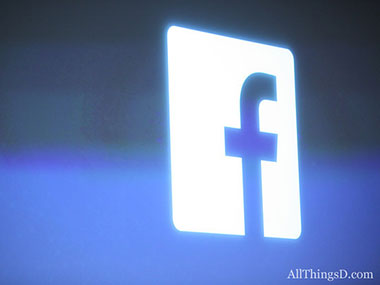In Lifting Violent-Video Ban, Facebook Seeks Its “Tahrir Square” Moment
 Declaring yourself the platform of choice for free public speech doesn’t necessarily make it so. Sometimes change occurs gradually.
Declaring yourself the platform of choice for free public speech doesn’t necessarily make it so. Sometimes change occurs gradually.
But sometimes all it takes is a single moment to change a common perception.
Facebook, the world’s leading social network, is looking for that moment. As BBC News reported on Monday, Facebook lifted a ban on a violent video circulating across its network, one in which a woman is beheaded. While the company immediately came under fire from child-protection groups and family online safety advocates, Facebook defended its stance with a familiar argument:
“Facebook has long been a place where people turn to share their experiences, particularly when they’re connected to controversial events on the ground, such as human rights abuses, acts of terrorism and other violent events,” a Facebook spokesperson told AllThingsD. “People share videos of these events on Facebook to condemn them.”
If this sounds familiar, it is because we’ve heard similar justifications before from Twitter — a social network long venerated for its vocal stance on issues of free speech, and one seen as perhaps the most prevalent example of a platform for giving a voice to the masses. And, in positioning itself as a bullhorn for free speech, Facebook is beginning to look and sound a lot like the microblogging service.
The video controversy comes just as Facebook attempts to enact a massive change in how it is publicly used and perceived. Instead of a private, personal network of friends and family members, Facebook wants to be a place where acts of free and public expression — even highly controversial free expression — are encouraged. More than that, the company wants to be a facilitator; hence, you see new products such as hashtags, trending topics and embedded posts.
This is a story long told by Twitter, aided by groundswell moments. One example occurred earlier this year: In the wake of the Boston Marathon bombing, which left hundreds of people injured or killed, Twitter served as a conduit for thousands of images from the site of the catastrophe, many of them shocking.
Perhaps the best example springs from the Egyptian Revolution of 2011, in which protesters flocked to social media — Twitter in particular — to send pictures and updates of their outrage, as well as to document the violent abuses made against them by the state. Tahrir Square, a main congregation point for protesters, became emblematic of the social media-aided revolution as images and statements flowed rapidly from the area.
In effect, both the violent imagery and the speech acts did the work of telling Twitter’s free-expression story for the company.
On the one hand, this is a benevolent act. If Facebook wants to promote its platform as a protected one for free speech, that’s a win for activists.
But it is hardly entirely altruistic. Facebook also wants to be seen as the place to go for discussions about less-controversial topics, such as live media events or TV shows. It is adjacent to those discussions that Facebook can sell ad space to brands, just as Twitter does now. If Facebook can convince the world that it is a platform for all types of public discussion, that could help foster chatter on topics that advertisers care about — and can sell ad space against.
To keep it safe for young users (and amenable to concerned advertisers), Facebook already inserts some interstitial protections on extreme or graphic videos. And the spokesman said the company is considering adding more tools in that vein.
Still, after 10 years of being seen as the network for communicating with friends and family, perception is a difficult thing to change — even with a powerful moment.









